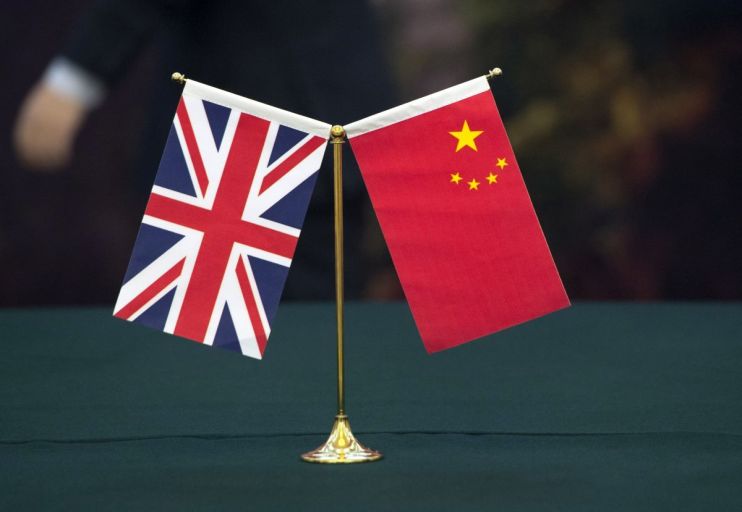Fifth of UK importers altered supply chains due to global tensions, with China in focus

More than a fifth of UK importers have been forced to alter supply chains as a result of geopolitical tensions, with China in sharp focus, a new survey has found.
Some 20.5 per cent of companies, which are importers, have altered supply chains as a result of global tensions, according to a survey of more than 1,000 businesspeople by the Institute of Directors. This dropped to 14.9 per cent for firms in general.
On top of the fifth of firms who’ve already made the move, almost 15 per cent of importers said they were considering doing so.
The overwhelming majority, 58.4 per cent, however, said their supply chains had not been affected by global tensions at all.
The report said “businesses are looking for greater stability in their supply chains; they are willing to increase costs in the short-term to achieve this, and they feel that the UK should adopt a more cautious approach to China, balancing the superpower’s economic importance with its potential to disrupt global political relations.”
The IoD’s report outlines that most firms who are changing their plans are doing so with a long-term view in mind.
Emma Rowland, a trade policy advisor at the Institute of Directors, said: “It is clear businesses are sensing geopolitical shaped clouds on the horizon, particularly whilst China’s standing with the US, Russia and Taiwan remains uncertain.
“The pandemic, coupled with the invasion of Ukraine, has exposed vulnerabilities in international supply chains and an over reliance on countries perceived to be high-risk to the UK.
“Ultimately, firms are pursuing long-term stability in their supply chains, so they can provide certainty to their own end customers. They want to know they can rely on their international business partners long-term and not be hampered by sudden disruptions. Many businesses also feel uncomfortable trading with regimes that do not conform to western democratic ideals.
“Whilst it is broadly felt that a complete decoupling from China is economically impractical, at least for now, the fact that a significant number of businesses are willing to take on extra costs to secure their global operations shows attitudes to global trade are shifting.”
UK-China relations sour
Relations between the UK, US, EU and China have become increasingly frosty in recent years. The world’s second-biggest economy is a major source of manufacturing, and during the pandemic, supply chains were majorly disrupted.
But its military exercises in close proximity to Taiwan, have drawn the ire of US leaders in particular.
More recently, China’s refusal to criticise Russia’s invasion of Ukraine has led many in the West to see it as tacitly supporting Moscow, and aligning itself with an anti-Western position.
In the UK, there has been increasing tension about the threat posed by China to security. Ministers have accused Beijing of running secret police stations, while earlier in the year a Chinese dissident in exile was dragged into its Manchester consulate and beaten.
Only this week, a senior HSBC exec apologised after accusing the UK of being ‘weak’ by responding to American pressure to toughen its stance on China.
